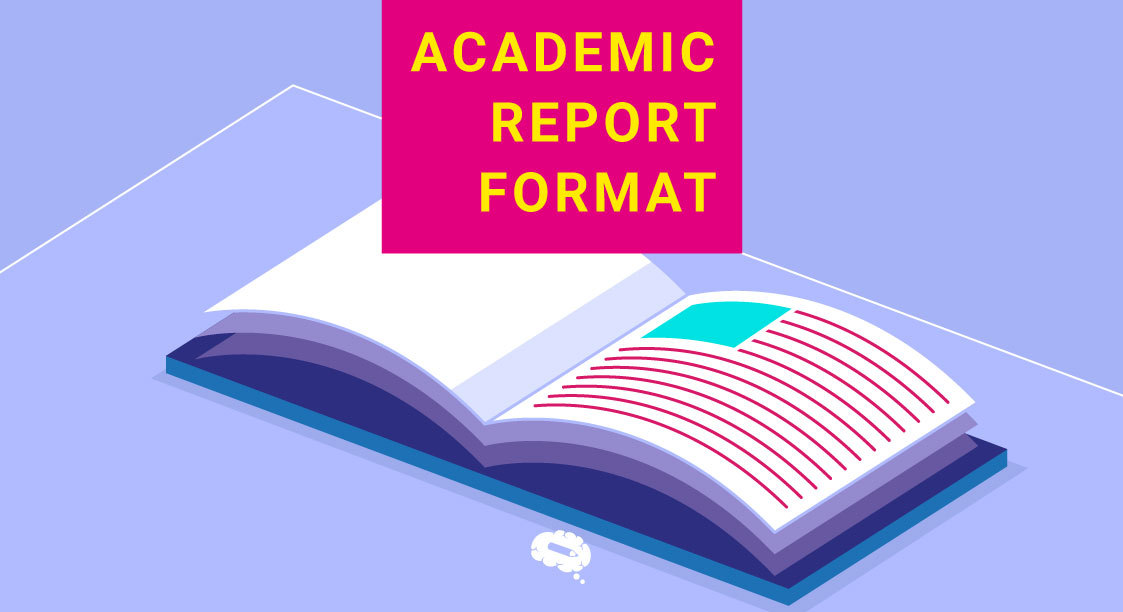The IELTS Speaking test is often considered one of the most challenging sections of the exam. However, with the right strategies and preparation, you can confidently navigate through this part and showcase your language proficiency. In this blog post, we’ll explore valuable tips to help you master the IELTS Speaking test.

Understand the Format:
Before diving into preparation, familiarize yourself with the three parts of the IELTS Speaking test. Recognize the differences between the introduction, the long turn, and the discussion phases. Understanding the format is crucial for effective performance.

Practice Regularly:
Practice makes perfect, and this holds true for the IELTS Speaking test. Regularly engage in speaking exercises, record yourself, and listen to identify areas for improvement. Utilize online platforms, language exchange programs, or speaking partners to enhance your skills.

Expand Your Vocabulary:
Enrich your vocabulary to express yourself more precisely. Practice using a variety of words and phrases to describe common topics. This will not only impress the examiner but also demonstrate your ability to communicate effectively.

Focus on Pronunciation and Intonation:
Pay attention to your pronunciation and intonation. Clear pronunciation and varied intonation contribute significantly to your overall speaking score. Practice mimicking native speakers and listen to English content to enhance your spoken English rhythm.
Be Mindful of Fluency and Pace:
Strive for a balance between fluency and pace. While it’s essential to speak without hesitations, rushing through your responses can negatively impact your score. Practice maintaining a natural and steady pace during your speaking practice sessions.
Answer Directly and Elaborate:
When responding to questions, provide direct answers and then elaborate on your response. This showcases your ability to express ideas in detail and adds substance to your answers. Avoid giving overly brief responses that may leave the examiner wanting more information.
Develop Critical Thinking Skills:
IELTS Speaking often involves discussing abstract topics. Practice developing critical thinking skills by expressing your opinions on various subjects. Support your ideas with relevant examples, and consider different perspectives to showcase a well-rounded thought process.

Use Fillers Strategically:
While it’s essential to minimize the use of fillers such as “um” and “uh,” don’t be afraid to use them strategically. A well-placed filler can provide you with a moment to gather your thoughts and continue speaking fluently.
Stay Calm and Confident:
Nervousness is natural, but staying calm and confident is crucial. Maintain eye contact with the examiner, sit up straight, and project your voice clearly. Remember, confidence in your delivery can positively influence the examiner’s perception of your language proficiency.

Mock Interviews:
Simulate the exam environment by participating in mock interviews. This can help you become more comfortable with the speaking test format, reduce anxiety, and identify areas for improvement.
By incorporating these speaking tips into your IELTS preparation routine, you’ll be better equipped to tackle the Speaking test with confidence. Remember, effective communication is the key, so practice consistently and approach the test with a positive mind-set. Best of luck on your IELTS journey!



Leave a Reply